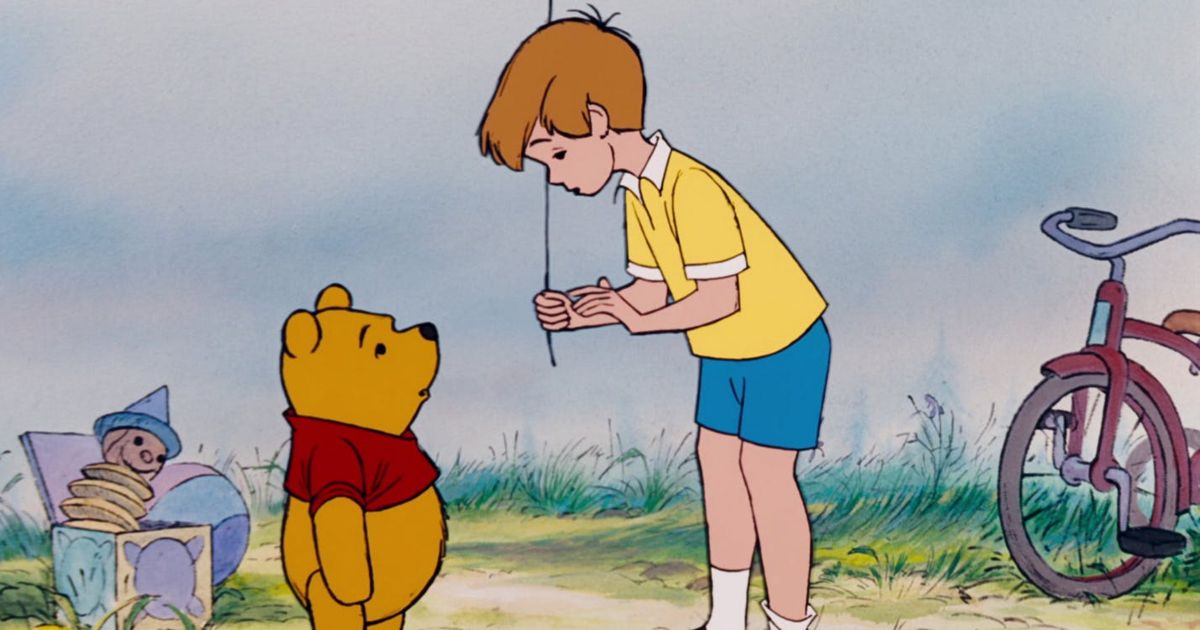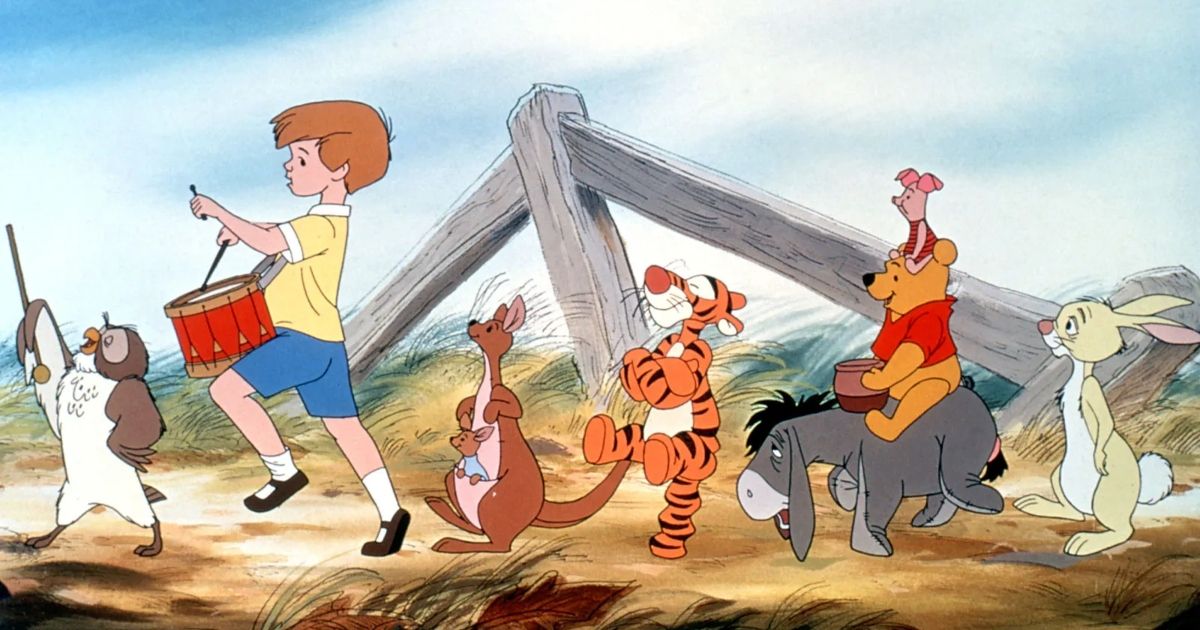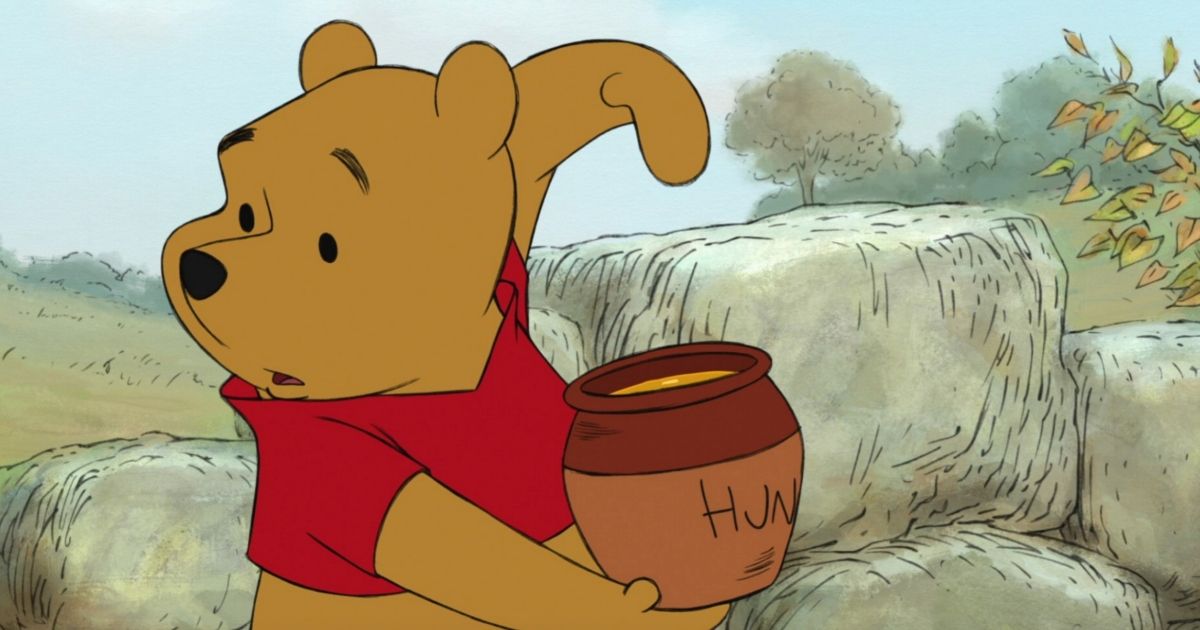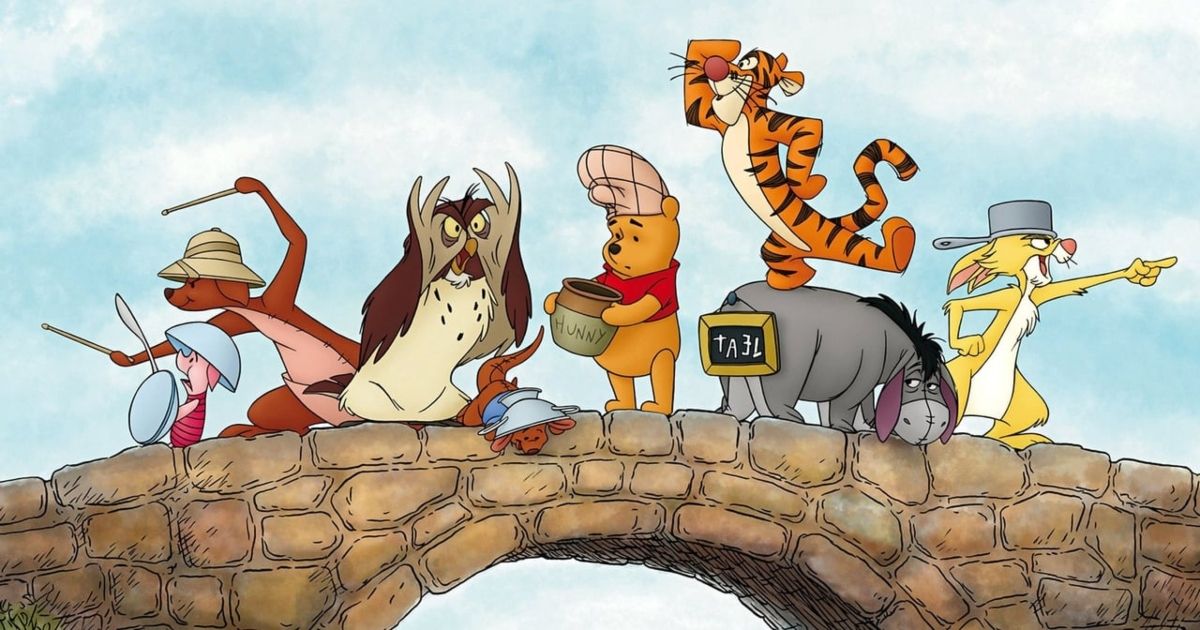For generations, children have heard the stories of Winnie the Pooh and his friends. As these iconic characters enter the public domain, it seems fitting. Their stories and the memories they created feel personal to everyone who has ever heard them. There is something about this group of forest animals ambling through the day that speaks to us all.
Those stories, however, originally came from a family. The Milne Family is behind the legendary works, and the boy in the tales, Christopher Robin, is very real. His part in their world and the adventures they found in the 100-Acre Wood are fictionalized tales of his childhood days. They were written by his father, A.A. Milne. It was this retelling of his story by a man he felt didn't know him that defined his view on the world of Winnie the Pooh.
The Origins of Winnie the Pooh
Christopher Robin Milne was born on August 21, 1920. An only child, Robin lived with his mother, Daphne de Sélincourt, and his father, Alan Alexander (A.A.) Milne. A screenwriter and novelist, Milne was a prominent fixture in the budding world of mass entertainment. He was the one who drew inspiration from Robin's collection of stuffed animals.
The star of Milne’s stories was Robin’s stuffed bear, Edward. Renamed “Winnie” in the stories after seeing a bear of the same name at the London Zoo, the leader of Milne’s adventures included all the dolls in his world. The elder Milne narrated their days in and included them in his first book, When We Were Very Young, a collection of poems. Released in 1924, according to the Telegraph, it sold an astounding 50,000 copies in eight weeks.
If Robin’s relationship with his father had been loving, this story might have had a different ending. Rather, the boy in the books had very real issues with his dad. As he explained to Telegraph, “Some people are good with children. Others are not. It is a gift. You either have it or you don’t. My father didn’t.”
Christopher Robin’s Issues with Winnie the Pooh
For a man so tuned into his son’s perceived fantasy world, Milne was noticeably absent from the boy’s life. Through the years, Robin would recount his father’s days, locked in his office and creating an imaginary world…with an imaginary son. The distance between the two paints a startling picture. What could have been a loving tribute from a dad to his son takes a dark turn. It feels exploitative and disconnected. According to Robin, his dad would get updates from his mother or the nanny about his day-to-day activities. “It was my mother who used to come and play in the nursery with me and tell him about the things I thought and did,” he explained. “It was she who provided most of the material for my father’s books.”
If the issues weren’t already mounting, they came to a head when the boy reached seven and the success of his father’s tales blew up. Suddenly, an international campaign began to market these stories and Christopher Robin Milne was the reluctant face of a global brand. Whether taking photographs with his toys or singing the songs his father wrote for a crowd of fans, Robin initially embraced the spotlight. It wasn’t until he returned to boarding school and the bullying began that things took a turn. The relentless physical and verbal harassment became so bad that he took boxing lessons at 13 in order to defend himself.
By the end of his schooling, Robin was completely over the fame. He refused to use Winnie the Pooh’s success as part of his own, and felt trapped when people associated him with the stories, even as an adult. It all came together to create a difficult time in his life, financially. That’s when he says he finally came to grips with his feelings at this time. As he told the BBC, “It seemed to me, almost, that my father had got to where he was by climbing upon my infant shoulders, that he had filched from me my good name and had left me with nothing but the empty fame of being his son.”
Shortly after, Robin’s parents cut him out of their lives after he told an interviewer that they were cold and detached. He went on to suggest that he would be writing a book of his own. This sent the elder Milnes into a defensive position that saw his irate mother have a statue of her son torn down and buried in the ground. From that point on, his father spoke with him very rarely. His mother never did again, even after Robin reportedly begged to on her deathbed.
Goodbye, Christopher Robin
In 2017, the film Goodbye, Christopher Robin, starring Will Tilston as Robin, was released. This, yet again, fictional tale sugarcoated the childhood that Robin had stood against. While a loving story that pulled at heartstrings, it bared no resemblance to his real-life upbringing. This misunderstanding of who Robin truly was dates back decades. In 1987, there was an attempt to reunite him with his Edward “Winnie the Pooh” doll. A collector, E.P. Dutton, to whom Milne had given the toy years earlier, offered it back to Robin. He refused.
The story was picked up across the pre-internet news world and the misunderstanding of reality versus fiction were further spotlighted. People began supporting the reunion of the two and couldn’t believe that Robin would allow his childhood toys to be donated to the New York Public Library. Yet, that’s what happened. As the grown-up Robin is quoted as saying, “My toys were and are to me no more than yours were and are to you. I do not love them more because they are known to children in Australia or Japan.”
Robin endured the legacy of Winnie the Pooh. He abhorred the commercialization of the stories and, when he passed away in 1996, his obituary described him as "a dedicated atheist." The stories of Winnie the Pooh may have affected us all, but they affected Milne deeper than any of us can imagine.




